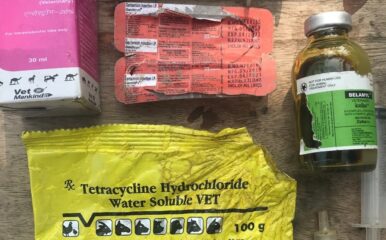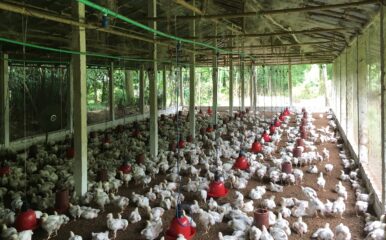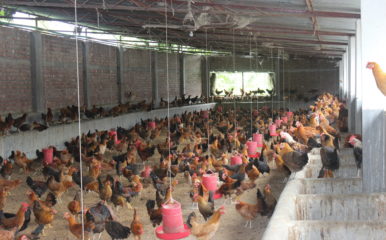
One Health in India for biosafety, preparedness and response
Published on 28/04/2021
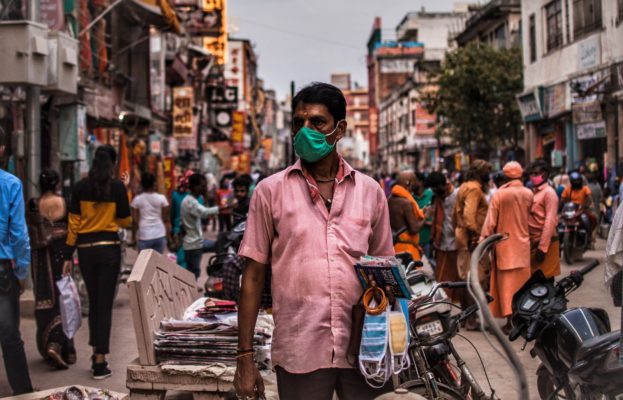
Shubhangee Vyas/Unsplash
‘One Health in India: research informing biosafety, preparedness and response’, a symposium organised by the Indian Council of Medical Research, was held in the wake of the announcement of a high-level steering committee on eco-health initiatives in India, as well as the planned establishment of a National Institute of One Health in Nagpur, Maharashtra.
It also marked the launch, by the Union Minister for Health and Family Welfare Dr Harsh Vardhan, of a special One Health issue of the Indian Journal of Medical Research (IJMR), featuring an article co-authored by One Health Poultry Hub members Professor Rajib Dasgupta, Professor Fiona Tomley (also Director of the Hub) and Professor Robyn Alders and in which a call is made for the establishment of One Health Committees across India (see box, below).
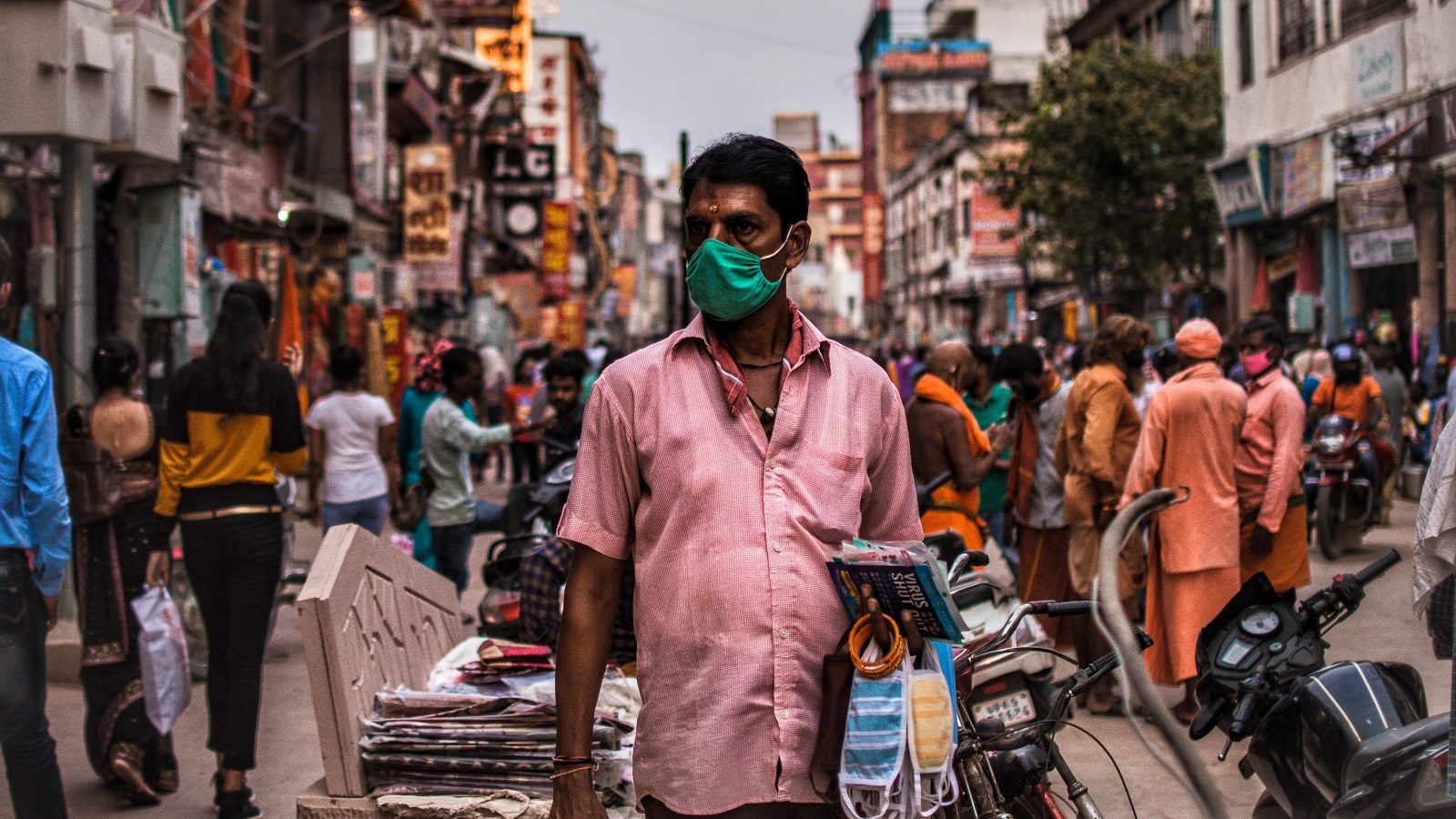
The symposium, held on 12 April 2021, saw participation from representatives from the Ministry of Health and Family Welfare (MHFW), as well as other ministries and departments of the Government of India, including the Indian Council of Animal Research, the Department of Defence Research, the Department of Environment Forests and Climate Change, the Department of Agriculture Research and Education, the Department of Animal Husbandry and Dairying (DAHD), the Department of Biotechnology and the Department of Science and Technology (DST). Representatives from the Wellcome Trust, UK, and National Institute of Environmental Health Sciences, USA, provided a global perspective.
Zoonotic diseases
At the event, scientific experts stressed that the emergence of SARS, MERS and Zika virus disease makes One Health the most important weapon to fight threats to the future of human life. They noted that 61% of the infectious diseases in humans are zoonotic in origin (spread from animals to people) and that the COVID-19 pandemic has once again established that human and animal health are interlinked.
Humans are in ever-closer contact with domestic and wild animals due to population growth and expanded human habitation. Deforestation and intensive farming practices, and changes in the environment, facilitate the spillover of disease from animals to humans. These diseases not only affect health systems but also economies across the globe.
The India perspective
The symposium heard that One Health is an overarching concept. However, it also needs to be specific to be relevant, unlike other overarching concepts such as ‘world peace’. In India, the different ministries and departments working for disease control and prevention have developed independently. However, they need to work more closely to promote One Health.
There have been significant advances: many Indian universities have courses on veterinary public health that specifically address disease spillover; many government biosafety programmes have also aimed to prevent environmental contamination; and the National Action Plan on AMR aims to control and regulate the usage of antibiotics in animals as well as humans
The Department of Biotechnology has adopted a multipronged approach, leading to the development of specific research and development programmes, strengthened infrastructure and guidelines for establishing Biological Safety Level (BSL) labs. It has also constituted a regional One Health Group to promote One Health at regional and national levels. This has paved the way for collaboration among industry partners and international and national actors and led to the emergence of public-private partnerships. Molecular surveillance has also been connected with epidemiological surveillance, an important step towards One Health.
Experts from the DST , participating in the symposium, stated that industry, academia and the government needed to link up. One Health should not be seen as a crisis management strategy, they said, but rather an idea of health and wellbeing and an approach for pandemic prevention. DST has sanctioned funds for setting up BSL-3 and BSL-4 labs and funded start-ups to produce new technologies and products for conserving both human and animal health.
Establishment of strong surveillance, response and prevention capacity in the animal health sector to work in harmony with human and environmental health is the mandate of the DAHD. The DAHD also aims to develop a cost-effective strategy to prevent disease spillover and protect animal health. The National Livestock Mission is one of the important initiatives of the Department for the promotion of animal health. DAHD experts emphasised the need for an integrated approach rather than many voices.
The global perspective
International experts shared that zoonotic outbreaks are not going to disappear soon. Changes in human behaviour, climate, trade and travel, and urbanisation, along with closer animal and human interaction and biodiversity loss, mean epidemics will be more frequent and more complex with time.
They said that epidemics and pandemics have four spheres of interlocking consequence: direct health consequences, indirect health consequences (e.g. disruption of health services), economic impact (e.g. disruption of education, business and travel) and geopolitics (e.g. inequity in vaccine access and North-South tensions). They emphasised that though the role of private and commercial players are crucial, there is a need for public intervention for public health.
Interdisciplinary intervention is also necessary, but more action rather than undirected deliberations. There is an urgent need to find a non-linear route for the relationship between basic science, clinical public health, translation and innovation, and commercialisation.
International speakers also emphasised that a fragmented approach can never bring a solution to the threat of pandemics and that collaboration should be routine rather than a crisis-coping mechanism. They noted that Joint Risk Assessment is also an important tool to mitigate these unprecedented health crises. They emphasised that the collection of information on natural disasters at global, national and sub-national level is also an area that needs to be focused on while deliberating One Health, and it will help in informing the One Health policies.
In their article, ‘Adopting an intersectoral One Health approach in India: Time for One Health Committees‘, Hub members Professors Rajib Dasgupta, Fiona Tomley and Robyn Alders, along with Professor Anita Kotwani and Dr S. B. Barbuddhe, reflect on policy aspects of One Health in India and visualise the approach beyond the scope of zoonoses.
The article notes the increasing One Health engagement of conservation, ecological and veterinary professionals, but underlines that most medical/clinical and social sciences professionals are only peripherally aware of the nuances of the approach.
In accord with deliberations during the ‘One Health in India: research informing biosafety, preparedness and response’ symposium, it emphasises that One Health requires working across ministries, navigating tacit institutional hierarchies and allocating leadership roles. The authors propose the constitution of One Health Committees (OHC) at state and district levels, and a framework for their implementation through comprehensive consultations, piloting and adoption.
The success of OHC, they state, will be determined by: individual factors, including competencies and relationships; organisational factors, including structures, cultures, human resources and communications; and network factors, including dynamics, relationships and political dimensions.

